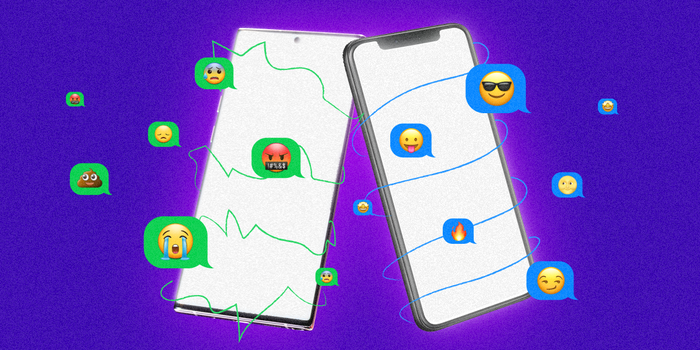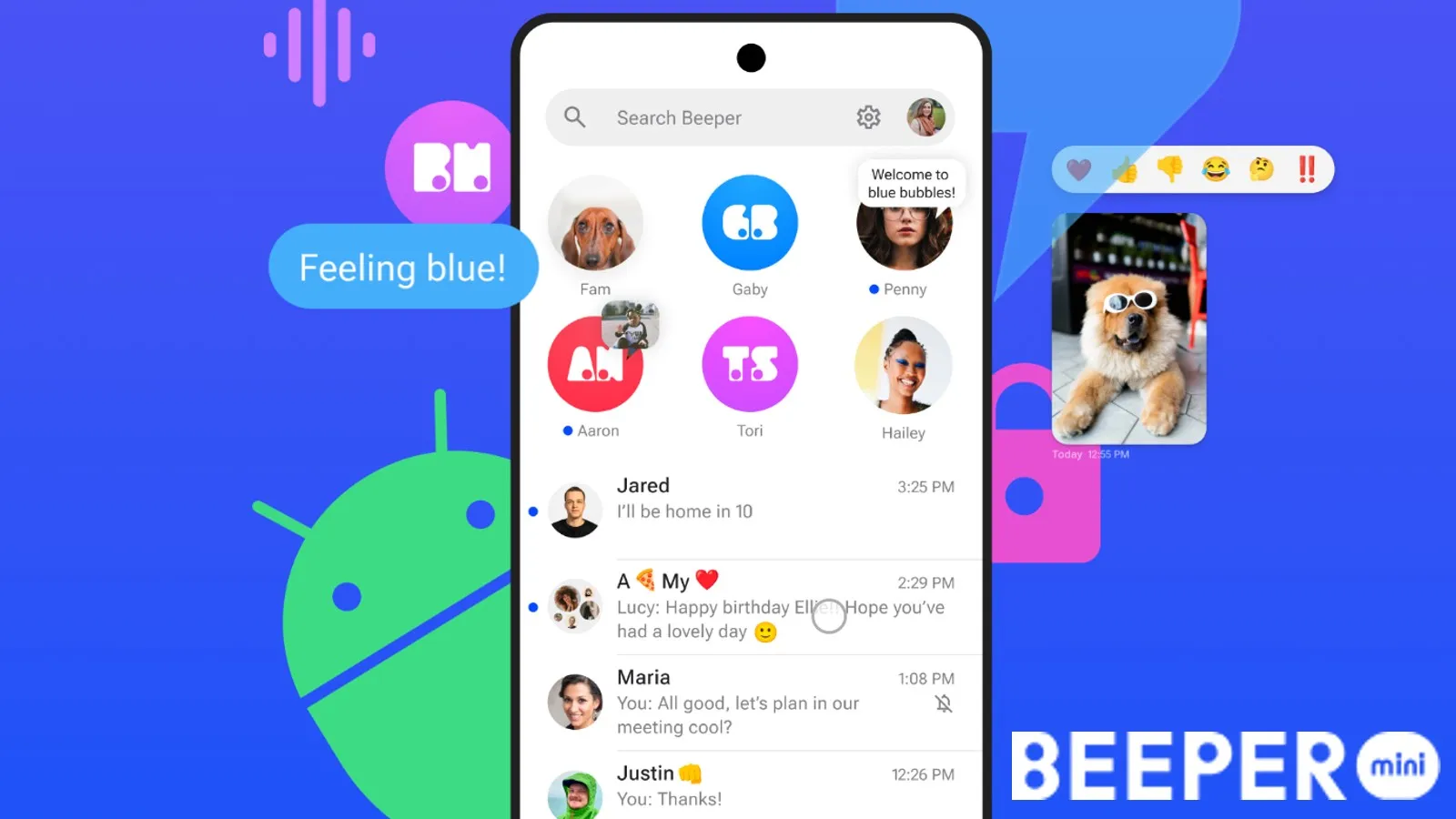
Beeper Mini, a simple iMessage solution for Android, looks to have been too good to be true — or, at the very least, a fleeting dream. Less than a week after its introduction, the app began suffering technical difficulties, with users suddenly unable to send and receive blue bubble messages. The issues worsened throughout the day, with reports stacking up on the Beeper subreddit. Several users at The Verge were unable to activate their Android phone numbers using Beeper Mini as of Friday afternoon, indicating that Apple had closed any gaps that allowed the app to function in the first place.
Beeper Mini is not quite a friend of Apple
Beeper Mini was created as a consequence of a comprehensive attempt to reverse engineer Apple’s messaging system. A 16-year-old high school kid managed to pull it off, and for a time, everything went well. That endeavour served as the foundation for the new app, which costs a $2 monthly subscription. Here’s something my coworker wrote a few days ago:
Its developers figured out how to register a phone number with iMessage, send messages directly to Apple’s servers, and have messages sent back to your phone natively inside the app. It was a tricky process that involved deconstructing Apple’s messaging pipeline from start to finish. Beeper’s team had to figure out where to send the messages, what the messages needed to look like, and how to pull them back down from the cloud. The hardest part, Migicovsky said, was cracking what is essentially Apple’s padlock on the whole system: a check to see whether the connected device is a genuine Apple product.
Quinn Nelson of Snazzy Labs created an outstanding video that goes over the technical specifics. Beeper’s developers and users believed — or hoped — that blocking the Android app would be such a bother for Apple that it wouldn’t be worth the trouble. It appears to have been simpler than imagined.
This puts a significant kink in Beeper’s plans; the business had hoped to develop Beeper Mini into an all-in-one messaging programme that would ultimately wrap in RCS and SMS.
Encrypted messages vs insecure SMS
Beeper CEO Eric Migicovsky, when reached for comment, did not dispute that Apple had effectively disabled Beeper Mini. “If it’s Apple, then I think the most important question is… if Apple truly cares about the privacy and security of their own iPhone users, why would they shut down a service that allows their own users to now send encrypted messages to Android users, rather than using insecure SMS?” With the announcement of RCS support, Apple has clearly identified a gap in their product. Beeper Mini arrived today and works perfectly. Why should iPhone users be forced to send unencrypted SMS when they can speak with their Android friends?”

Previous attempts to get iMessage to operate on Android, such as Beeper’s initial software, required intricate systems involving remote Macs connected into a user’s Apple ID. Nothing, a firm co-founded by OnePlus co-founder Carl Pei, recently attempted to introduce iMessage on its newest phone, but that idea was immediately halted due to security and privacy issues. The Beeper Mini technique, which interacted with Apple’s own servers, was the most remarkable attempt to date. However, unless the firm can circumvent Apple’s ban, it will be remembered as a brief triumph.
